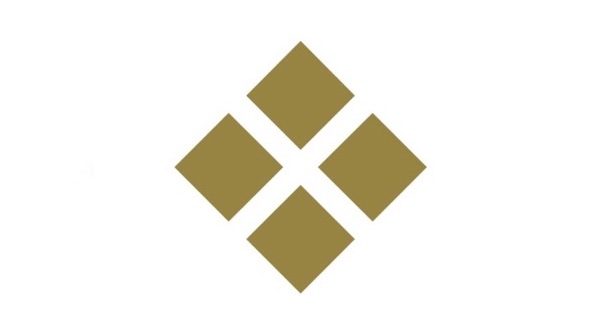Restructuring happening in stages
Reacting to new tech standards
Private banks to be assessed
Iraq announced this week the start of a much-awaited post-war project to restructure its banking system with the help of the US consultancy company Oliver Wyman.
The Central Bank of Iraq said restructuring would be implemented in stages.
“Iraqi banks have gone a long way in developing their services but they are required to take more steps to cope with modern banking technology,” Central Bank governor Ali Al-Allaq told the official Iraqi news agency.
Allaq said Oliver Wyman would provide assessment and other services, aimed, for example, at creating a fair and healthy competitive environment in the banking sector.
“It also aims to strengthen their capital adequacy and liquidity ratios in line with global practices to ensure banks’ resilience in the face of financial crises,” the Central Bank said in a statement. “Another key goal is enhancing transparency in reporting and auditing by accredited auditors to reduce conflicts of interest.”
Private banks will be assessed for their compliance with standards, with the first assessment cycle to begin in the first quarter of next year, it said.
Opec member Iraq has seven major government banks, and more than 50 other national and international units, including 27 banks that comply with Islamic sharia law.
A senior government adviser said in February that Oliver Wyman and London-based EY would work together on the restructuring plan.
Mudhar Saleh, a financial adviser to prime minister Mohammed Al-Sudani, said the government hired EY to carry out a “comprehensive evaluation” of government banks to obtain a “clear vision for the development of the banks and for their effective integration into the world financial system”.
“Oliver Wyman has also been selected to conduct a comprehensive study of national banks as part of the restructuring plan,” Saleh said.
In January, the Iraqi cabinet announced plans to restructure public banks, including the creation of a new bank.
The bank, to be called First Rafidain Bank, will have a paid-up capital of 500 billion Iraqi dinars ($382 million), to be raised later to one trillion dinars.
The government would own 24 percent of the bank, according to a cabinet statement carried by the official Iraqi news agency after the cabinet meeting.
The plan also includes transforming the government-owned Industrial Bank into a private joint stock company and to seek a “strategic” partner for it, according to the statement.
Register now: It’s easy and free
AGBI registered members can access even more of our unique analysis and perspective on business and economics in the Middle East.
Why sign uP
Exclusive weekly email from our editor-in-chief
Personalised weekly emails for your preferred industry sectors
Read and download our insight packed white papers
Access to our mobile app
Prioritised access to live events
Already registered? Sign in
I’ll register later



